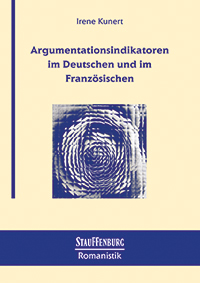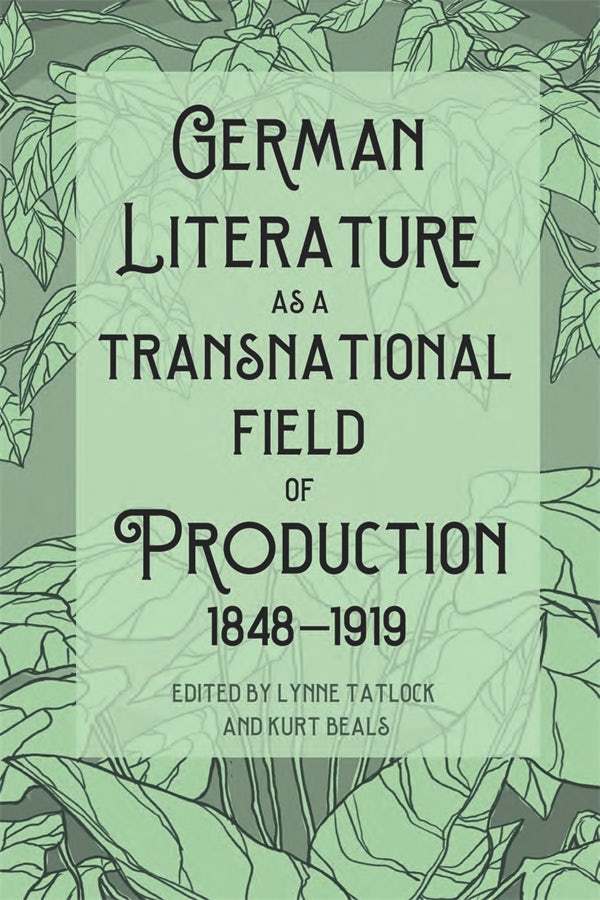Argumentationsindikatoren im Deutschen und im Französischen
 Wie sieht ein Argument aus und wie eine Konklusion? Diese Frage, die seit Jahrhunderten auf der Ebene der Logik, der Rhetorik und der Dialektik diskutiert wird, beschäftigt auch die moderne Sprachwissenschaft. Die sprachliche Ausgestaltung von Argumentation ist so vielfältig, wie es auch das Phänomen der Argumentation selbst ist. Eine neue Form der Kategorisierung und eine systematische Beschreibung der Vielfalt dieser Argumentationsindikatoren stehen im Zentrum der vorliegenden Studie. Die qualitative und quantitative Analyse ausgewählter Indikatoren des Deutschen und des Französischen gewährt neue Erkenntnisse im Bereich des Sprachvergleichs und der Übersetzungsforschung.
Wie sieht ein Argument aus und wie eine Konklusion? Diese Frage, die seit Jahrhunderten auf der Ebene der Logik, der Rhetorik und der Dialektik diskutiert wird, beschäftigt auch die moderne Sprachwissenschaft. Die sprachliche Ausgestaltung von Argumentation ist so vielfältig, wie es auch das Phänomen der Argumentation selbst ist. Eine neue Form der Kategorisierung und eine systematische Beschreibung der Vielfalt dieser Argumentationsindikatoren stehen im Zentrum der vorliegenden Studie. Die qualitative und quantitative Analyse ausgewählter Indikatoren des Deutschen und des Französischen gewährt neue Erkenntnisse im Bereich des Sprachvergleichs und der Übersetzungsforschung.
Die Studie richtet sich an alle, die sich für die Themen Argumentation, Übersetzung und deutsch-romanischer Sprachvergleich interessieren.
zum Buch im ULB-KatalogPlus
zum Buch auf der Verlags-Website
German literature as a transnational field of production, 1848–1919
 A collection of new essays bringing into view the push and pull of the national and the international in the German-language cultural field of the period.
A collection of new essays bringing into view the push and pull of the national and the international in the German-language cultural field of the period.
The cultural formations of the so-called Age of Nationalism (1848–1919) have shaped German-language literary studies to the present day, for better or worse. Literary histories, German self-representations, the view from abroad – all of these perspectives offer images of a culture ever more concerned with formulating a coherent, nationally focused idea of its origins, history, and cultural community. But even in this historical moment the German-speaking territories were not culturally self-contained; international forces always played a significant role in the constitution of the so-called „German“ literary and cultural field.
This volume rethinks the historical period with fourteen case studies that bring into view the push and pull of the national and international in Germany, Austria, and Switzerland, undertaking a reframing of literary-cultural history that recognizes the interrelatedness of literatures and cultures across political and linguistic boundaries. Viewing even overtly national literary and cultural projects as belonging to an international system, these case studies examine the interrelations, organization, and positioning of the agents, forces, enterprises, and processes that constituted the German-language literary-cultural field, locating these ostensibly national developments within an inter- or even anti-national context.
zum Buch im ULB-KatalogPlus
zum Buch auf der Verlags-Website
